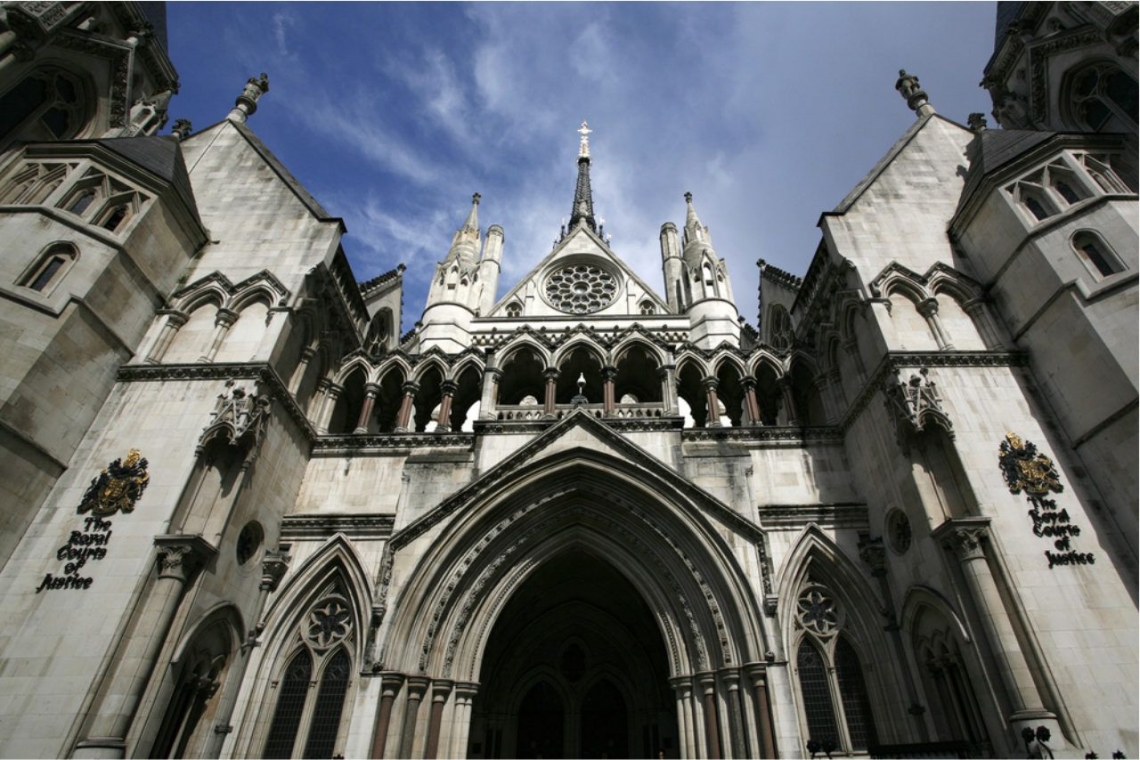The Court of Appeal has strongly criticised a district judge who failed to produce “any adequate reasons” for reaching his conclusions in an adverse possession case.
Ordering a retrial of the case heard by District Judge Rouine at Preston County Court, Lord Justice Patten said: “In place of an analysis of the evidence and the submissions on both sides as to its credibility or relevance, the judge has given blanket acceptance to the claimants’ evidence and a blanket rejection of that of the defendant’s witnesses.”
“In the whole of his judgment on the facts there is not one sentence in which he makes any specific findings of fact or gives the reasons for doing so.”
“Nor is any attempt made to deal separately with the various parcels of land in dispute even though different witnesses gave different evidence in respect of each of them.”
The court heard in Weymont and Weymont v Place [2015] EWCA Civ 289 that Mr and Mrs Weymont sought damages for trespass and an injunction regarding the use by Mr Place of land around his farmhouse in Lancashire.
Mr Place responded by arguing that either the land came within his registered title or, alternatively, that he and his father had acquired the title by adverse possession.
Lord Justice Patten said judges were not required to deal with “every point raised in argument, however peripheral, or with every part of the evidence”, but the parties were “entitled to have explained to them how the judge has determined their substantive rights and, for that purpose, the judge is required to produce a fully reasoned judgment which does so”.
Patten LJ said the Court of Appeal and Supreme Court had “repeatedly recognised” the advantages which the trial judge enjoys in hearing live evidence and assessing credibility of witnesses.
“The function of the appeal court is not to re-hear the case but to review the decision which the trial judge has made,” he said.
“For this reason, it will only interfere with his findings of fact if it becomes clear that there was no evidence to support them, that the judge misunderstood the evidence, or that he made findings which no reasonable judge could, in the circumstances, have made.”
However, Patten LJ said the “relative immunity” of the trial judge’s findings of fact depended on that judge having properly considered and understood the evidence, taken into account the criticisms of the evidence advanced by lawyers and reached a “balanced and objective” conclusion.
“An important aspect of this process is the production of a properly reasoned judgment which explains to the parties and to any wider readership why the judge has reached the decision he has made.
“This includes making a reference to the issues in the case, the legal principles or test which have to be applied and to why, in cases of conflicting factual evidence, the judge came to accept the evidence of particular witnesses in preference to that of others.”
Patten LJ allowed the appeal by Mr Place and ordered a retrial before a Chancery circuit judge. Lady Justice Hallett and Lord Justice Christopher Clarke agreed.


